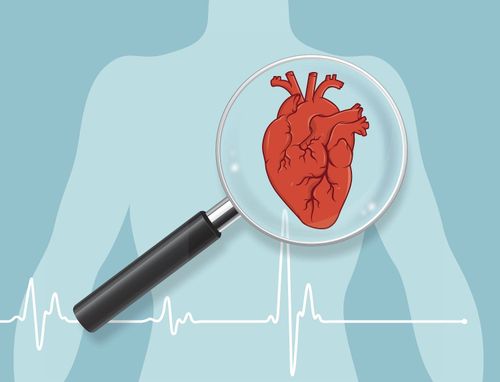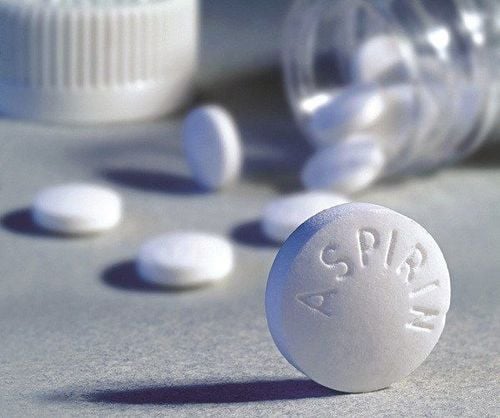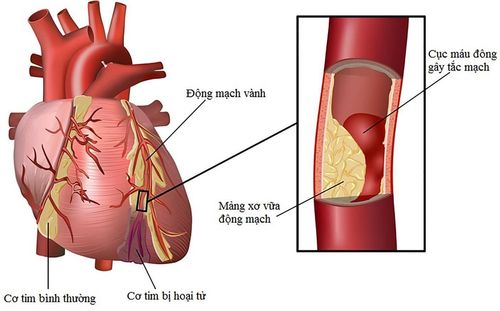This is an automatically translated article.
The article is professionally consulted by Master, Doctor Bui Tien Dat - Emergency Medicine - Cardiology - Emergency Resuscitation Department - Vinmec Hai Phong International General Hospital. The doctor has more than 12 years of experience in the field of emergency resuscitation - cardiology.1. What is dyslipidemia?
Dyslipidemia is a condition in which elevated total cholesterol, elevated triglycerides, increased low-density lipoprotein (LDL-C) and/or decreased high-molecular-weight lipoprotein (HDL-C) levels compared with normal values in plasma.2. Group of drugs to treat dyslipidemia Ministry of Health
The first treatment for dyslipidemia is lifestyle changes. If lifestyle changes after 2-3 months do not bring the desired effect, then it is necessary to prescribe treatment with the following classes of drugs to treat dyslipidemia:Statins (HMG-CoA reductase inhibitors) Uses: Inhibits the enzyme Hydroxymethylglutaryl CoA Reductase - the enzyme that synthesizes total cholesterol, reduces endogenous total cholesterol, stimulates the synthesis of LDL-c receptors, increases the capture of LDL-c in the liver. The results reduce LDL-c, VLDL, total cholesterol, triglycerides and increase HDL-c. In addition, the statin group also reduces the inflammatory process of the vascular endothelium, helps in the degeneration of atheroma, and increases the synthesis of nitric oxide by endothelial cells.
Possible undesirable effects are increased liver enzymes, increased muscle enzymes when taking high doses or in the elderly or taking many drugs at the same time such as macrolide antibiotics. Use with caution in patients with liver diseases.
Indications for treatment: increase LDL-c, increase total cholesterol.
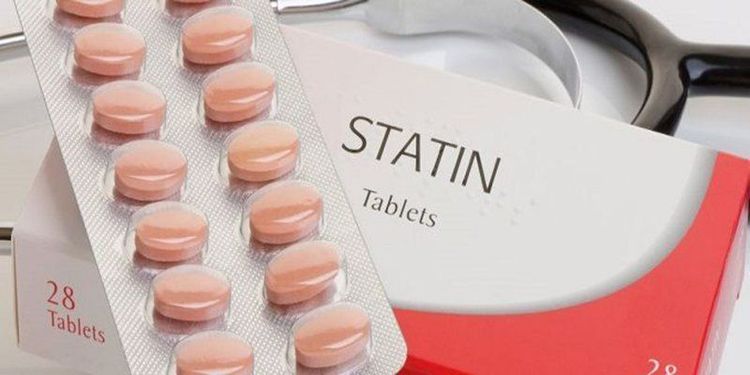
Undesirable effects: Digestive disorders such as flatulence, abdominal distension, nausea, mild decrease in liver function, increased liver enzymes, gallstones, increased muscle enzymes, rash. Side effects often occur when taking high doses or due to the elderly or pre-existing kidney or liver disease. Increases the effect of anticoagulants, especially vitamin K antagonists. Do not use fibrates for pregnant or lactating women, liver failure, kidney failure.
Indications for treatment: Increased triglycerides
Nicotinic acid group (Niacin, vitamin PP). The drug has a triglyceride-lowering effect by inhibiting the breakdown from fat and reducing the synthesis of triglycerides in the liver, inhibiting the synthesis and esterification of fatty acids in the liver, increasing apo B degradation, reducing VLDL, lowering LDL and increasing HDL. due to decreased clearance of apoA-I).
Undesirable effects: Red face, itching, digestive disorders such as flatulence, abdominal distension, nausea, mild decrease in liver function, increased liver enzymes, gallstones, increased muscle enzymes, rash, increased resistance insulin. Side effects often occur when taking high doses, or elderly people or have kidney and liver disease first.
Indications: Increase LDL-C, decrease HDL-C, increase triglycerides.
Resin group (Bile acid sequestrants) Resin mechanism is the exchange of Cl- ions with bile acids, thereby increasing the synthesis of bile acids from cholesterol, increasing bile secretion and lowering cholesterol in the liver, stimulating the synthesis of LDL-receptors. c, increased excretion of LDL-c.
Indicated in case of elevated LDL-c.
Undesirable effects of Resin group: Symptoms of digestive disorders such as flatulence, abdominal distension, nausea, constipation.
Ezetimibe The drug inhibits the absorption of total cholesterol in the intestine, reduces LDL-c and increases HDL-c. The drug has very few side effects, which may be an increase in liver enzymes.
Dosage: 10mg/day.
Indications: increase LDL-c.
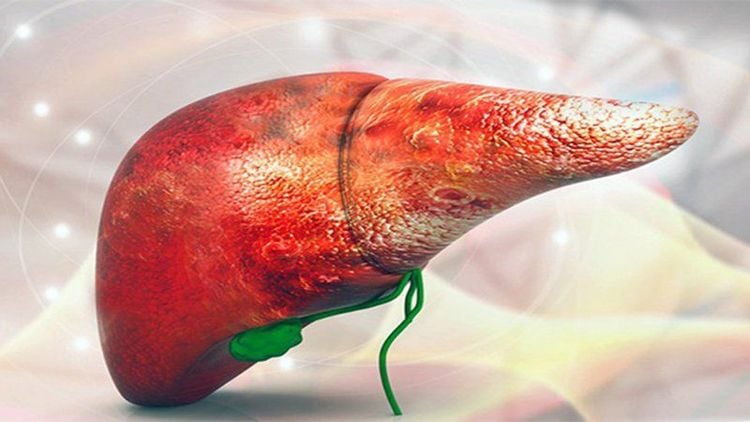
Commonly applied clinical dose: 3g/day, maximum dose of 6g/day.
Undesirable effects: Digestive disorders such as flatulence, abdominal distension, diarrhea.
Indicated in case of increased triglycerides.
2. Note when using drug groups to treat dyslipidemia
Most drugs to treat dyslipidemia are metabolized by the liver, so during the use of lipid-lowering drugs, it is necessary to use additional drugs to help support and protect liver cells.To protect cardiovascular health in general and detect early signs of myocardial infarction and stroke, customers can sign up for Cardiovascular Screening Package - Basic Cardiovascular Examination of Vinmec International General Hospital . The examination package helps to detect cardiovascular problems at the earliest through tests and modern imaging methods. The package is for all ages, genders and is especially essential for people with risk factors for cardiovascular disease.
Please dial HOTLINE for more information or register for an appointment HERE. Download MyVinmec app to make appointments faster and to manage your bookings easily.





